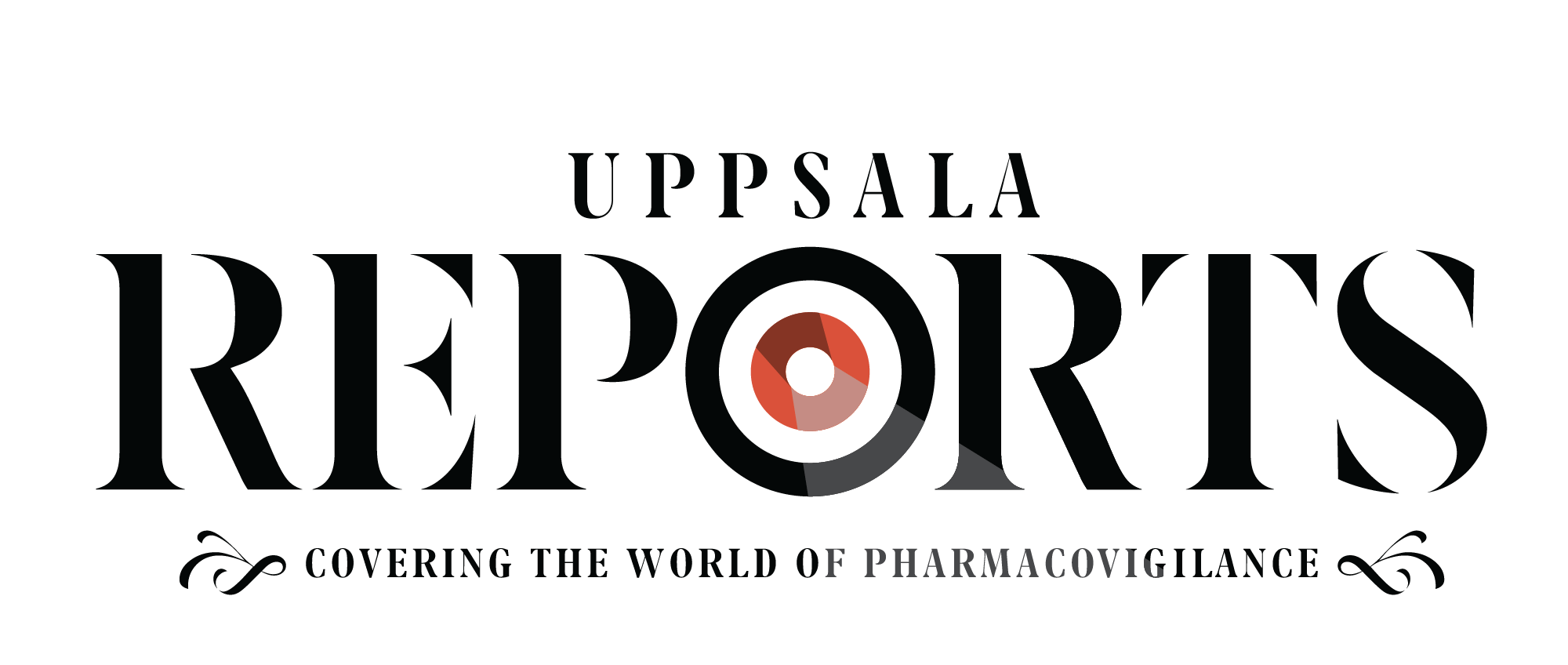
Unpacking the who global smart pharmacovigilance strategy – new podcast episode
Safety systems do not need to be complex to be effective. Shanthi Pal explains the thinking behind the Global Smart Pharmacovigilance Strategy, and how it can be implemented.









